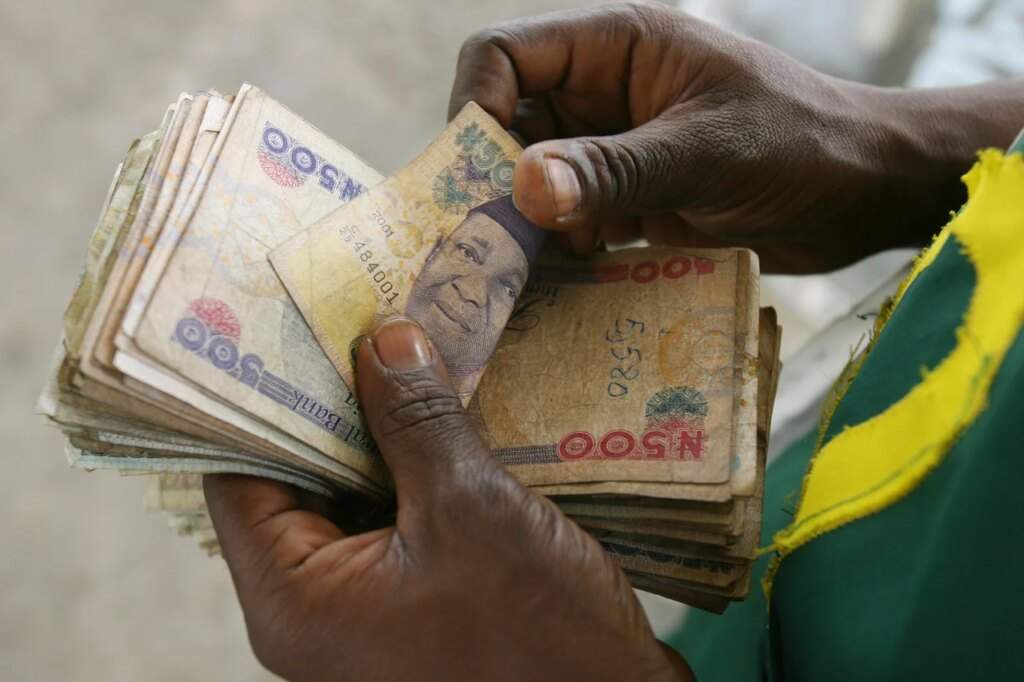The Centre for Anti-Corruption and Open Leadership (CACOL) has raised alarm over the prevailing naira scarcity in Nigeria, highlighting the adverse impact on the populace. Tola Oresanwo, CACOL’s Director of Administration and Programmes, expressed the organization’s apprehension on behalf of its chairman, Mr Debo Adeniran.
Oresanwo articulated CACOL’s dismay, citing the hardship inflicted on the citizens barely a year after the failed Central Bank of Nigeria naira redesign. The scarcity has resulted in banks implementing daily withdrawal limits, exacerbating the financial strain on Nigerians. The ongoing limitations, ranging from N20,000 to N40,000, signify a stark reminder of the economic turmoil gripping the nation.
Despite reassurances from the Central Bank regarding adequate cash supply to banks, the situation has not ameliorated, with some banks restricting withdrawals to a mere N10,000. This development has heightened concerns, especially with the impending festive season, a period synonymous with increased cash transactions.
In urging the Federal government and the Central Bank of Nigeria to address the root cause of the naira scarcity, CACOL underscored the challenges associated with mobile and online transactions. The organization emphasized that many Nigerians, particularly those in rural areas devoid of internet access and electricity, rely solely on cash transactions. The adverse implications of subjecting these individuals to a protracted quest for an essential commodity cannot be overlooked.
Furthermore, CACOL pointed to the cumulative burden faced by Nigerians, encompassing the removal of fuel subsidy, transportation costs, food price hikes, dilapidated infrastructure, erratic power supply, and naira devaluation. These compounding challenges have continually tested the patience of the populace, underscoring the urgent need for proactive government intervention.
Notably, the public outcry over the naira scarcity has reverberated across various social media platforms, reflecting the widespread impact of this economic turmoil. The recurrence of this phenomenon within a twelve-month span further underscores the gravity of the situation, amplifying the urgency for sustainable solutions.
In a country where cash transactions remain pivotal, the implications of naira scarcity ripple through all strata of society, compounding the daily struggles of the population. As Nigeria grapples with this pervasive challenge, the imperative for comprehensive measures to alleviate the impact on citizens has never been more pressing.
